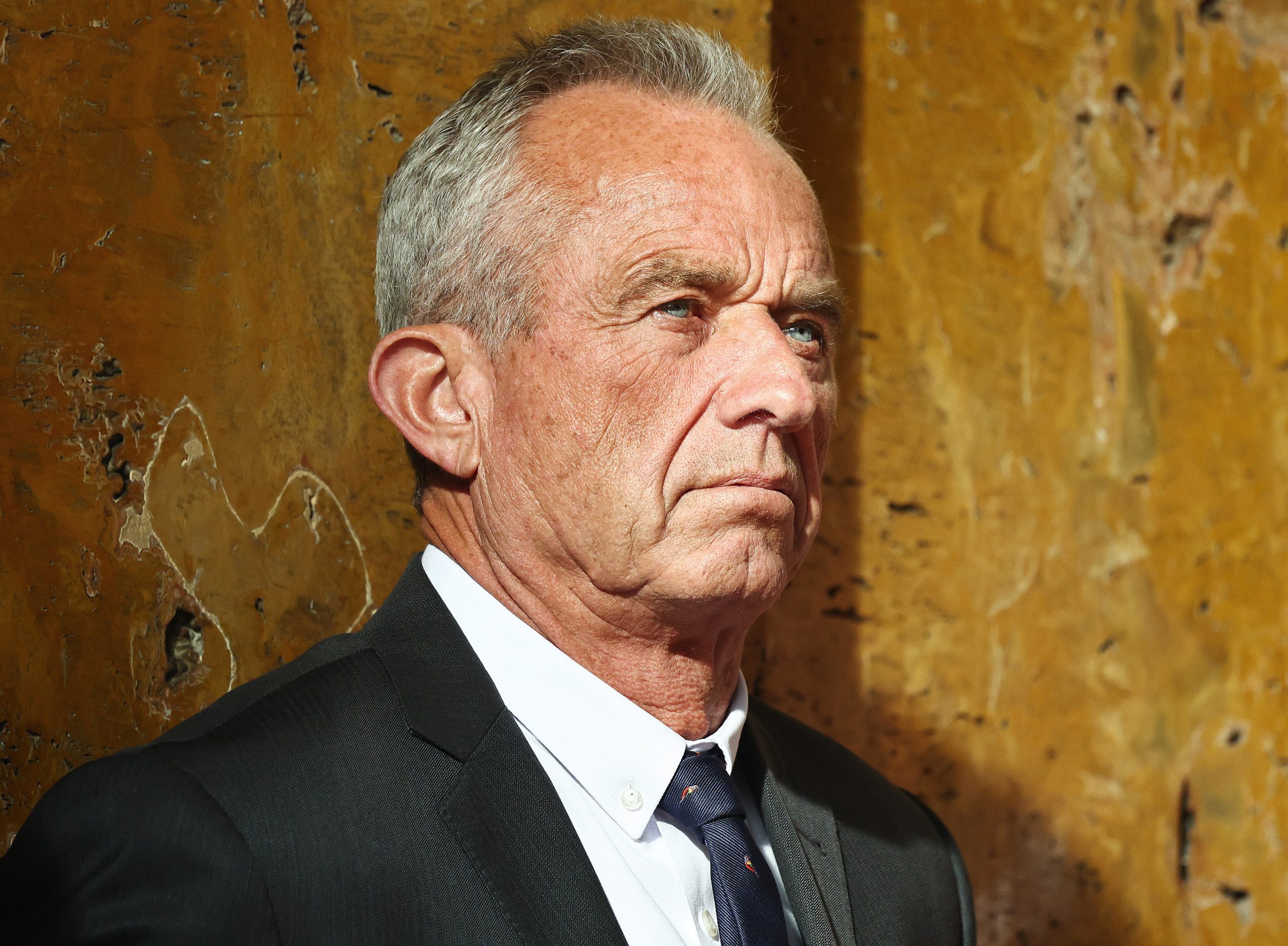Donald Trump’s tumultuous political journey from the 2020 election to his present bid for the presidency in 2024 has been marked by controversy and upheaval. Accused of attempting to subvert the electoral process in 2020 and inciting a violent insurrection in 2021, Trump now stands accused of promoting an explicitly authoritarian agenda in his current campaign. Yet, in the eyes of independent presidential candidate Robert F. Kennedy Jr., Trump poses no greater threat to democracy than his opponent, Joe Biden.
Acknowledging Trump’s past attempts to undermine the democratic process, Kennedy condemned these actions as “appalling” and indefensible.
However, he redirected attention to what he perceives as a more pressing concern: the suspension of his own Instagram account in 2021 for allegedly spreading conspiracy theories about COVID vaccines, which he falsely attributed to pressure from the Biden administration. In a recent interview with CNN’s Erin Burnett, Kennedy refrained from directly comparing Trump and Biden as threats to democracy but emphasized the paramount importance of upholding the First Amendment.
RFK Jr. (Credits: The New York Times)
Kennedy’s controversial stance drew swift criticism from the Democratic National Committee, which dismissed his candidacy as unserious and accused him of regurgitating “MAGA talking points.” DNC senior adviser Mary Beth Cahill highlighted the vast disparity between Trump’s actions, such as inciting a violent mob and openly aspiring to dictatorship, and Kennedy’s comparatively trivial grievances.
Despite the seeming insignificance of Kennedy’s campaign, his lingering presence in the polls, hovering around 10 percent in some surveys, raises concerns about its potential impact. While unlikely to secure any electoral victories himself, Kennedy’s candidacy could siphon votes away from Biden, potentially tipping the scales in favor of Trump’s return to power.
This scenario alarms Kennedy’s own sister, Rory Kennedy, who fears the consequences of a Trump presidency and its implications for the country and the world.
Brushing aside such apprehensions, Kennedy maintained that his candidacy represented the diversity of opinions within his own family and the broader electorate. However, his family’s anxieties mirror those expressed a quarter-century ago when Kennedy himself warned Ralph Nader of the electoral ramifications of a spoiler campaign. Now, Kennedy finds himself disregarding his own advice, persisting with a run that could inadvertently facilitate the ascent of an autocratic leader with a track record of destructive governance.
As the political terrain becomes more fraught with tension, the implications of Kennedy’s candidacy assume greater significance, emphasizing the delicate equilibrium of power and the ongoing battle to preserve democratic ideals.
